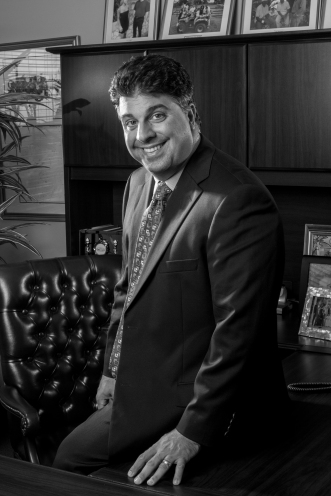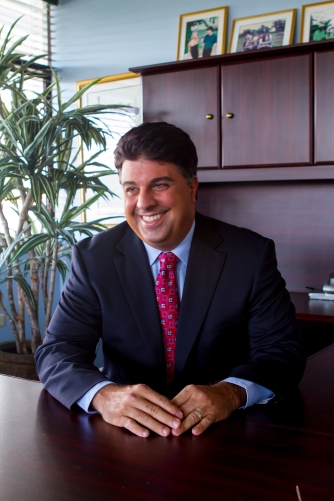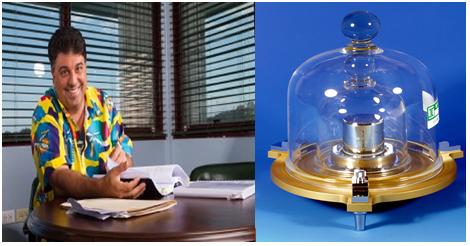
Joe Issa & Int’l prototype of the kilogram
Cool Corp head Joe Issa, who is wowed by scientific achievements mulls the latest event involving the redefinition of the value of a kilogram, one and a quarter century after it was first valued, stating it’s probably a case of new science updating old ones for the better, and it’s quite informative.
In shearing the latest achievement he said, “it appears that mordern physics, or quantum theory which deals with atoms and subatoms has come to the rescue of classical physics, as far as how a kilogram is defined.”
Continuing, Issa recalled: “The story began in 1989, when an object – a tiny lump of platinum – was made the international prototype of the kilogram, from which, of course, all weights are derived.
“But apparently, over time, despite being encased in three glass cases, the object became subject to dust and the effects of the atmosphere and has to be cleaned periodically, which that say can affect its mass.
“In fact, they say that if the prototype loses mass, in theory atoms would weigh more. The reason for this is that the base kilogram, by definition, must always weigh a kilogram.”
So, for decades scientists have been looking for a definition of a constant value for the kilogram that is based on unchangeable physics, in much the same way they said they did for other standard units (SI units), Issa said.
The system is said to be overseen by the International Bureau of Weights and Measures (BIPM).
The scientists say, for example, that a meter isn’t 100 centimeters, it’s actually “the length of the path traveled by light in a vacuum during a time interval of 1/299,792,458 of a second”.
The “Planck constant”, named after Max Planck, which is said to derive from quantum physics, can be used along with a Kibble balance, an exquisitely accurate weighing machine, to calculate the mass of an object using a precisely measured electromagnetic force.
“The SI redefinition is a landmark moment in scientific progress,” Martin Milton, director of the BIPM was quoted as saying.
He reportedly added: “Using the fundamental constants we observe in nature as a foundation for important concepts such as mass and time means that we have a stable foundation from which to advance our scientific understanding, develop new technologies and address some of society’s greatest challenges.”
Barry Inglis, who heads the committee for weights and measures, reportedly said the implications were immense.
“We will now no longer be bound by the limitations of objects in our measurement of the world, but have universally accessible units that can pave the way to even greater accuracy, and even accelerate scientific advancement,” he said.
It is arguably the most significant redefinition of an SI unit since the second was recalculated in 1967, a decision that helped ease communication across the world via technologies like GPS and the internet, according to the article.
The new definitions agreed by the BIPM will come into force on May 20, 2019. It is said to have taken place at the 26th meeting of the General Conference on Weights and Measures (CGPM) to vote on the redefinition of four base units of the International System of Units (SI) in Versailles, France, recently.
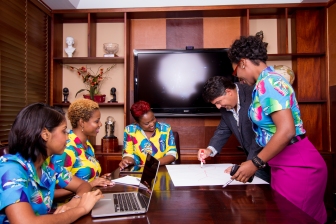
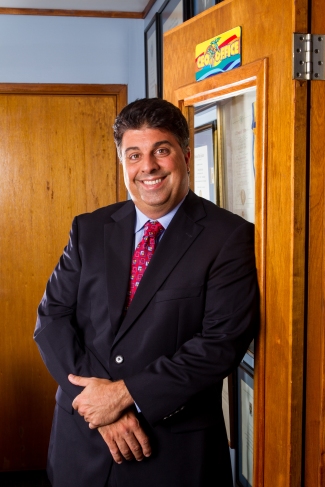
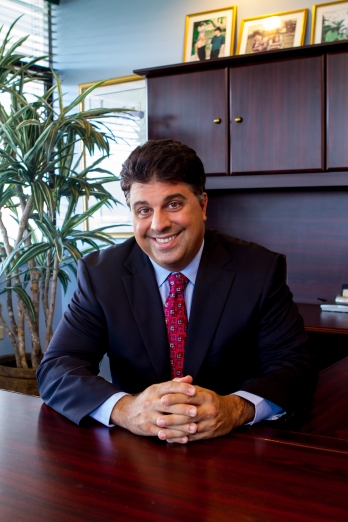
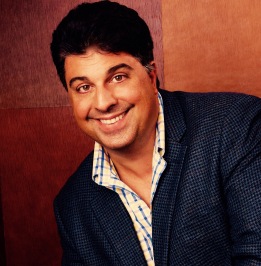
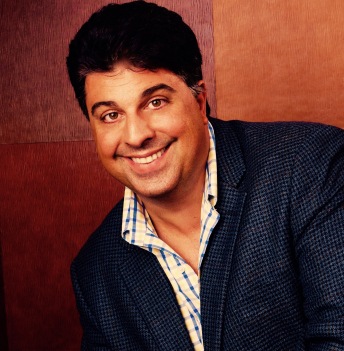
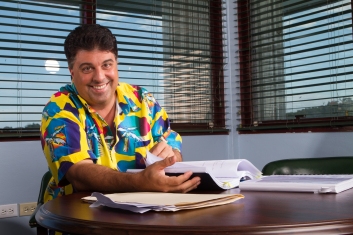
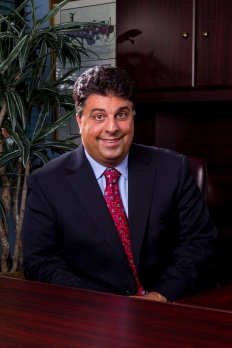 been hailed a strategic one with elements of sustainability, by addressing the disadvantages early and giving affected children a fighting chance to become future scholarship candidates.
been hailed a strategic one with elements of sustainability, by addressing the disadvantages early and giving affected children a fighting chance to become future scholarship candidates.